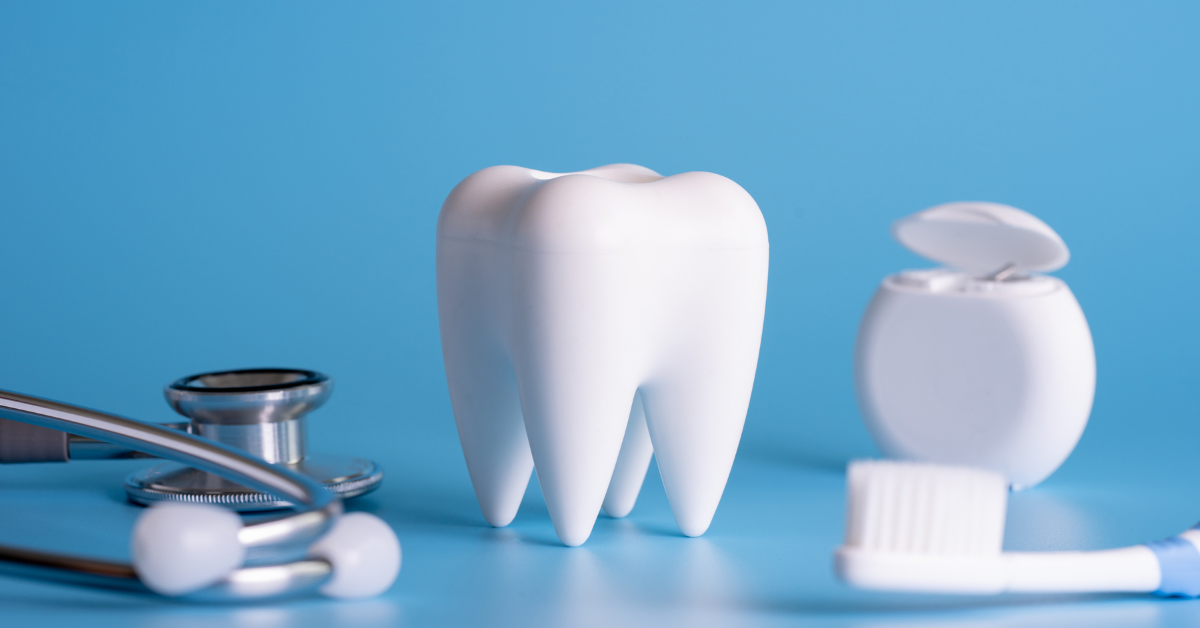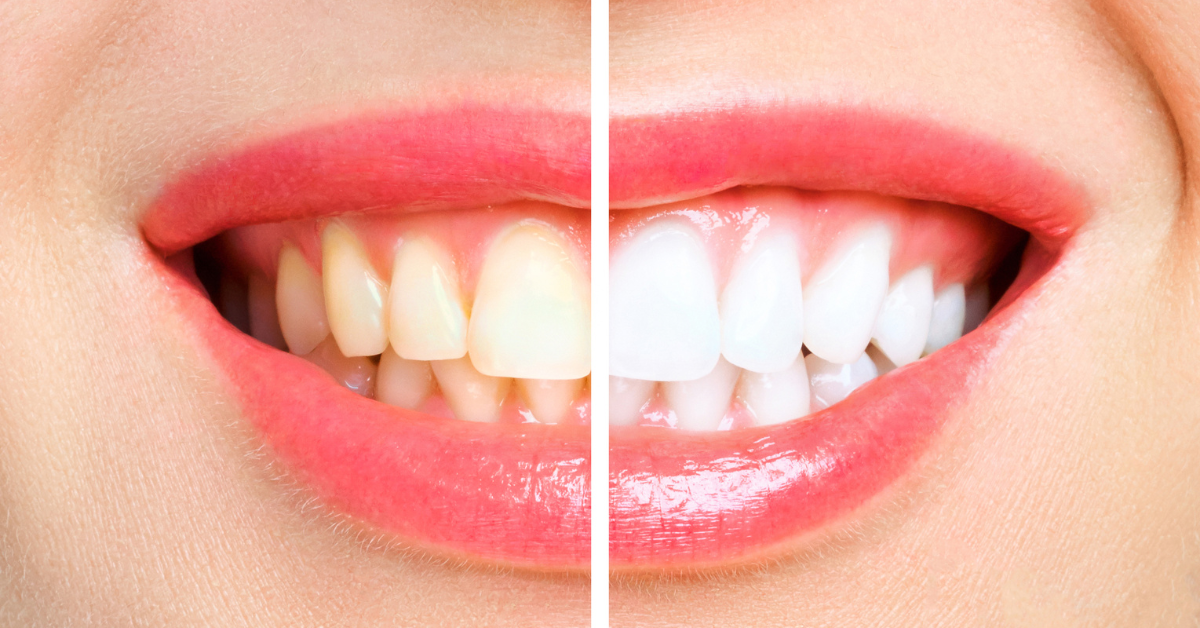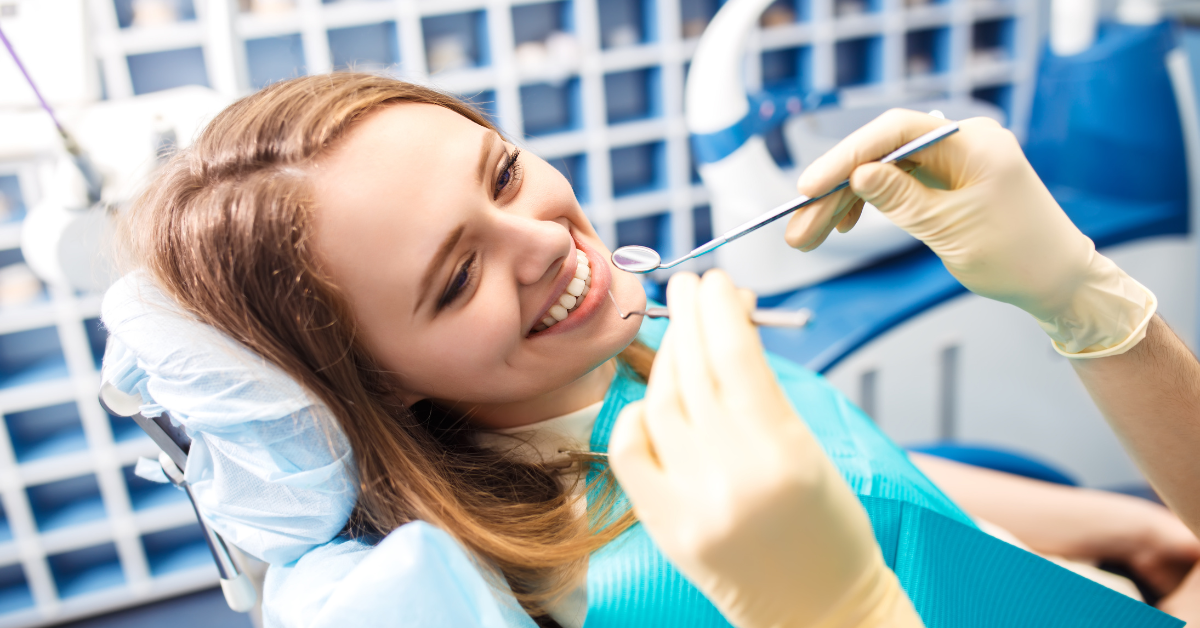Dental emergencies can arise unexpectedly, causing pain, discomfort, and potentially serious complications if left untreated. Understanding what constitutes a dental emergency and how to respond promptly is crucial for maintaining oral health and overall well-being.
Recognizing the Signs of a Dental Emergency
Common signs that indicate a dental emergency include:
-
Severe toothache: A persistent and intense toothache that doesn’t respond to over-the-counter pain relievers could indicate a serious underlying issue.
-
Swollen or bleeding gums: Excessive gum bleeding or swelling, especially accompanied by pain, may be a sign of gum disease or an infection.
-
Swollen jaw or mouth: A sudden and unexplained swelling in the jaw or mouth could indicate an abscess, infection, or other serious condition.
-
Knocked-out tooth: Losing a tooth due to trauma requires immediate attention to preserve the tooth and increase the chances of reimplantation.
-
Broken or cracked tooth: A severely broken or cracked tooth can cause pain, sensitivity, and increase the risk of infection.
Seeking Prompt Treatment
If you experience any of these signs, it’s crucial to seek prompt dental care. Delaying treatment can worsen the condition, lead to further complications, and make treatment more complex and expensive.
Emergency Dental Care Options
Depending on the severity of the emergency, various treatment options may be available:
-
Pain Management: For severe toothaches, over-the-counter pain relievers or prescription pain medication may be prescribed.
-
Antibiotics: If an infection is present, antibiotics may be administered to control the infection and promote healing.
-
Dental Procedures: Depending on the specific issue, procedures such as root canal therapy, tooth extraction, or reimplantation of a knocked-out tooth may be necessary.
Preventive Measures
To reduce the risk of dental emergencies, follow these preventive measures:
-
Maintain Good Oral Hygiene: Regular brushing, flossing, and using mouthwash can significantly reduce the risk of tooth decay, gum disease, and other oral health problems.
-
Schedule Regular Dental Checkups: Regular dental checkups allow dentists to detect and treat potential problems early on, preventing them from developing into emergencies.
-
Wear a Mouthguard: If you participate in contact sports, wear a mouthguard to protect your teeth from trauma.
-
Avoid Hard Foods: Avoid chewing on hard objects like ice or candy, which can damage or crack teeth.
Conclusion
Dental emergencies can be a source of pain and anxiety, but prompt recognition and treatment can minimize complications and restore oral health. By following preventive measures and seeking immediate attention when necessary, you can maintain a healthy smile and prevent dental emergencies from disrupting your life. Please find the dental office near you in these locations: Attleboro, Chelmsford, Hyde Park, Jamaica Plain, Lynn, Manchester, Methuen, Roslindale, Taunton.




